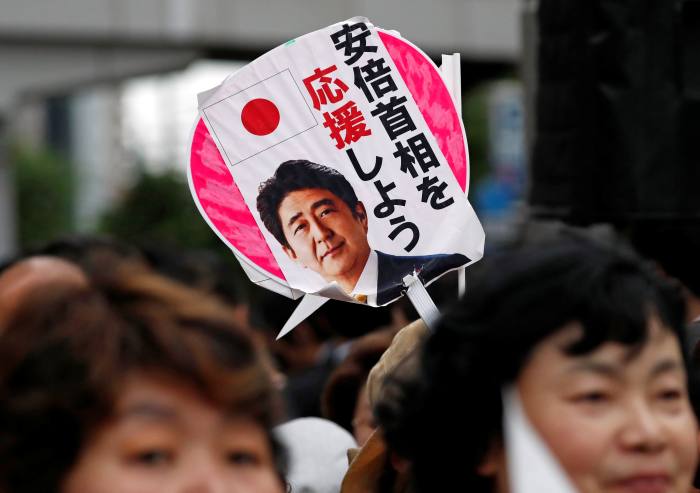
The past 30 years have seen the Japanese investment climate change markedly.
After enjoying a decade as a staple destination for growth investors, a stock market crash and debt crisis saw the country fall out of favour at the beginning of the 1990s.
However, following two decades of economic stagnation, a drive to improve shareholder returns has given Japan a new lease of life among income investors over recent years.
With some way to go until Japan reaches the corporate governance standards of its Western peers, we expect income opportunities in the country to continue growing.
Rise and fall
Having averaged GDP growth of around 7 per cent for 30 years, Japan’s economy was a stalwart in every growth investor’s portfolio in the 1980s.
Japan had become the second wealthiest nation on earth behind the US and even ranked first globally in terms of GNP per capita by the time the 1990s rolled around.
However, while Japan looked well on its way to becoming the world’s greatest economic power on the surface, a sinister bubble was inflating at pace in the background.
Factors such as excessive bank lending, ultra low interest rates, and fiscal spending were pushing land prices into unsustainable territory and equity market valuations towards price-to-earnings multiples of up to 70 times earnings.
This situation reached a head at the beginning of the 1990s when Japan’s government began to hike rates upon realising that its rapid growth could not continue indefinitely.
The unexpected change in sentiment triggered a stock market crash and a debt crisis as loan defaults abounded.
Against a backdrop of fierce global competition stemming from the IT revolution and China’s rapid growth, the crisis quickly snowballed to give rise to a banking crisis and several government bailouts.
Once the initial shock passed, Japan entered its infamous ‘lost decade’ of economic stagnation that saw GDP and wage growth sink, deflation reign, and equity and property markets hover close to record lows.
Recognising the shareholder
Although it may be called ‘the lost decade’, many economists feel that Japan did not begin to make significant progress until 2012 when Shinzo Abe was elected as prime minister.
Over the past seven years, Mr Abe has rolled out a reform program that has sought to address many of the issues of the previous two decades.
Under ‘Abenomics’, Japan’s economy is experiencing its longest expansion since the war, with real GDP increasing, unemployment falling below 2.5 per cent, and female workforce participation rising.
Many new policies have also sought to enhance corporate governance standards among Japan’s businesses with the backing of both the Bank of Japan and the Japan Pension Association.





